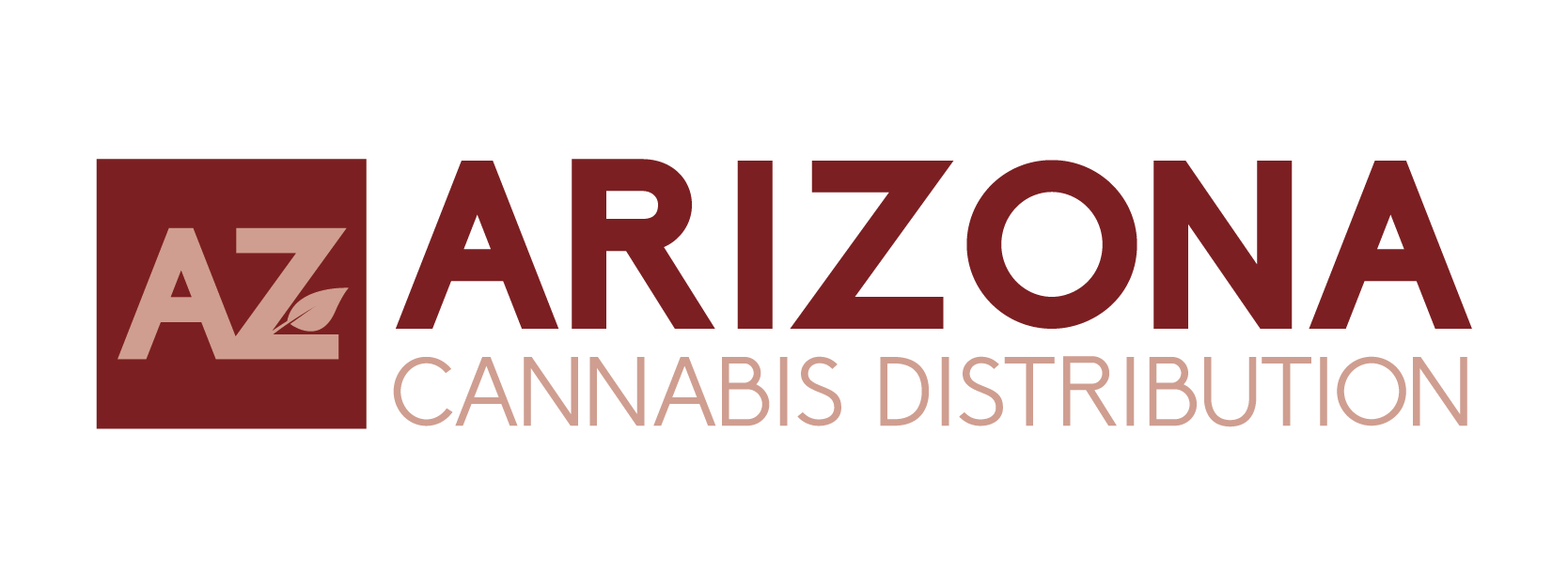In the rapidly growing cannabis market, distribution companies play a pivotal but often underappreciated role in maintaining the smooth flow of products from cultivators to dispensaries. While cultivation and retail often dominate headlines, it’s the distribution link that ensures timely, secure, and compliant transportation of cannabis goods throughout the state.
Arizona legalized medical marijuana in 2010 and recreational use in 2020 through Proposition 207, creating a booming market that generated over $1.4 billion in combined sales in 2023, according to the Arizona Department of Revenue. But behind every sale is a coordinated effort powered by licensed cannabis distributors, who manage logistics, ensure regulatory compliance, and maintain product integrity across the supply chain.
Cannabis distribution companies serve as the connective tissue between growers, manufacturers, testing labs, and retail outlets. Their responsibilities include transporting flower, concentrates, edibles, and other products across Arizona while ensuring adherence to stringent state regulations. Each vehicle must be equipped with secure locking systems, GPS tracking, and documentation for every shipment — as mandated by the Arizona Department of Health Services (ADHS) under the Smart and Safe Arizona Act.
Distributors also handle product warehousing and fulfillment. In some cases, they operate temperature-controlled storage facilities to maintain the quality of perishable cannabis goods such as live resin, fresh edibles, and topicals. Inventory control and digital manifest tracking are essential components of this role, and many distribution companies utilize advanced software platforms integrated with Metrc, Arizona’s seed-to-sale tracking system.
Reliability and timeliness are paramount. “The success of dispensaries depends on consistent access to products,” says Kris Krane, a cannabis industry strategist and co-founder of 4Front Ventures. “If the distribution link falters, shelves go empty, and patient or customer trust erodes quickly.”
Another key responsibility for distribution teams is compliance. Arizona law requires cannabis products to be tested for potency, contaminants, and mold before they reach consumers. Distributors are responsible for transporting samples to certified laboratories and ensuring the chain of custody is maintained — critical steps to uphold public health and protect brands from legal liabilities.
As the market matures, some Arizona-based distributors are also offering value-added services such as packaging, labeling, and direct-to-dispensary marketing support. These integrated services are helping to streamline operations for smaller growers and manufacturers who may lack the infrastructure to manage distribution independently.
In an industry where compliance is non-negotiable and efficiency is critical, cannabis distribution companies are more than just delivery drivers — they are the logistical backbone of the legal cannabis economy in Arizona. Their role ensures that consumers can safely and reliably access the cannabis products they trust.
As Arizona’s cannabis market continues to evolve, the importance of robust, compliant, and innovative distribution services will only grow — securing the state’s place as a model for efficient cannabis logistics in the Southwest.
